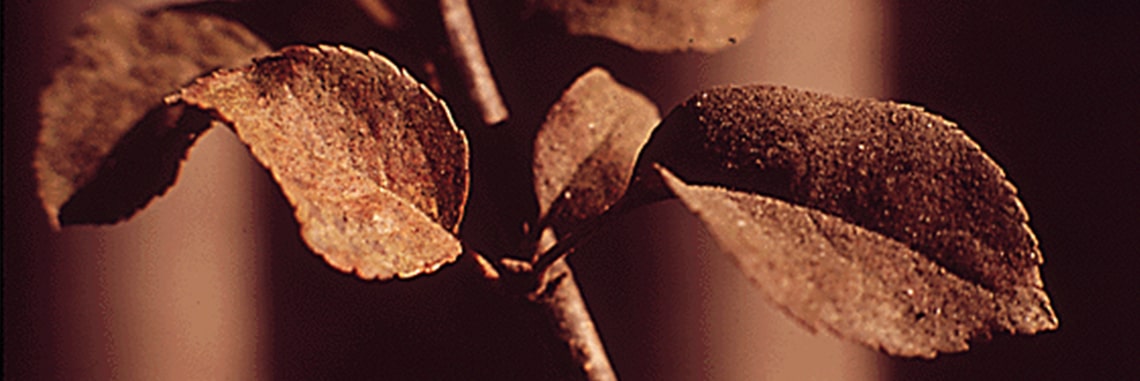
The Contemplative Call to Nature
The Whole Is in the Parts
Monday, April 19, 2021
St. Augustine (354–430) proclaimed in one of his great sermons, “The end will be the one Christ, loving himself.” [1] Paul preceded St. Augustine when he wrote that, in the end, “God will be all in all” (1 Corinthians 15:28). They saw creation as coming full circle.
Both Augustine and Paul are pointing out that the Eternal One has come forth and has taken on form and manifestation in the whole of creation: humans, animals, plants, elements, the galaxies, and all the endless forms and faces that have come forth from God. Everything in creation is the infinite self-emptying of God, and as such has inherent dignity and deserves respect and appreciation.
As Christ told Lady Julian of Norwich (1342–1416) when he showed her a small thing the size of a hazelnut nestled in her hand, “It is all that is created.” Julian understood that “Everything that is has its being through the love of God.” [2] Contemporary philosopher Ken Wilber puts it this way: everything is a holon—a part that replicates the whole.
St. Bonaventure (1221–1274) taught that to work up to loving God, start with the easier lesson of loving the very humblest and simplest things, and then move up from there. “Let us place our first step in the ascent at the bottom, presenting to ourselves the whole material world as a mirror, through which we may pass over to God, the Supreme Craftsman,” he wrote. And further, “The Creator’s supreme power, wisdom and benevolence shine forth in created things.” [3]
I encourage you to apply this spiritual insight quite literally. Don’t start by trying to love God, or even people. Love rocks and elements first, move to trees, then animals, and then humans. It works. In fact, it might be the only way to love, because how you do anything is how you do everything.
Our job as conscious humans is to awaken early to this innate beauty and goodness in all of creation. Why wait until heaven when we can enjoy the Divine Flow in all of nature now?
Being fully present to the soul of all things allows us to say, “This is good. This is enough. In fact, this is all I need.” We are now situated in the One Loving Gaze that unites all things in universal attraction and appreciation. This is enlightenment and we do not have to sit on a cushion for forty years to recognize and enjoy it. In fact, I can almost guarantee that we will recognize and enjoy it more as we spend more time in the natural world with slow and quiet realization. And then a leap of deep contentment!
References:
[1] Augustine, homily on 1 John 5:1–3, in Augustine: Later Works, ed. and trans. John Burnaby (Westminster Press: 1955), 341.
[2] Julian, Showings, chapter 5, in The Showings of Julian of Norwich: A New Translation, Mirabai Starr (Hampton Roads: 2013), 13.
[3] Bonaventure, The Soul’s Journey into God, 1.9–10, trans. Ewert Cousins (Paulist Press: 1978), 63.
Adapted from Richard Rohr, Just This (CAC Publishing: 2017), 36–37; and
The Universal Christ: How a Forgotten Reality Can Change Everything We See, Hope for, and Believe (Convergent: 2021, 2019), 57.
Story from Our Community:
Raised a Western Christian, I believed in a distant God, keeping track of my behavior. If I was good, I would be with God in heaven. If bad, I would be sent to hell or punished until worthy. As I got older, I believed God was much closer, even closer to me than my breath. Eventually, through the study of Eastern wisdom, I came to see that God incarnate is us and all creation. Western Christianity stays dualistic, but I haven’t. The story of my life has been moving from dualism to unitive, and I am happy and grateful for that movement. — David D.

